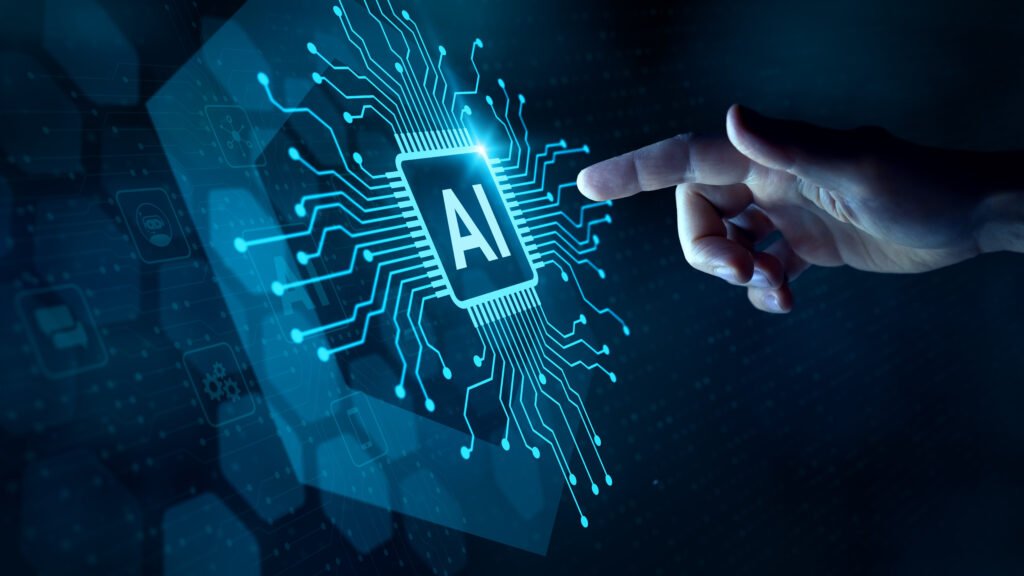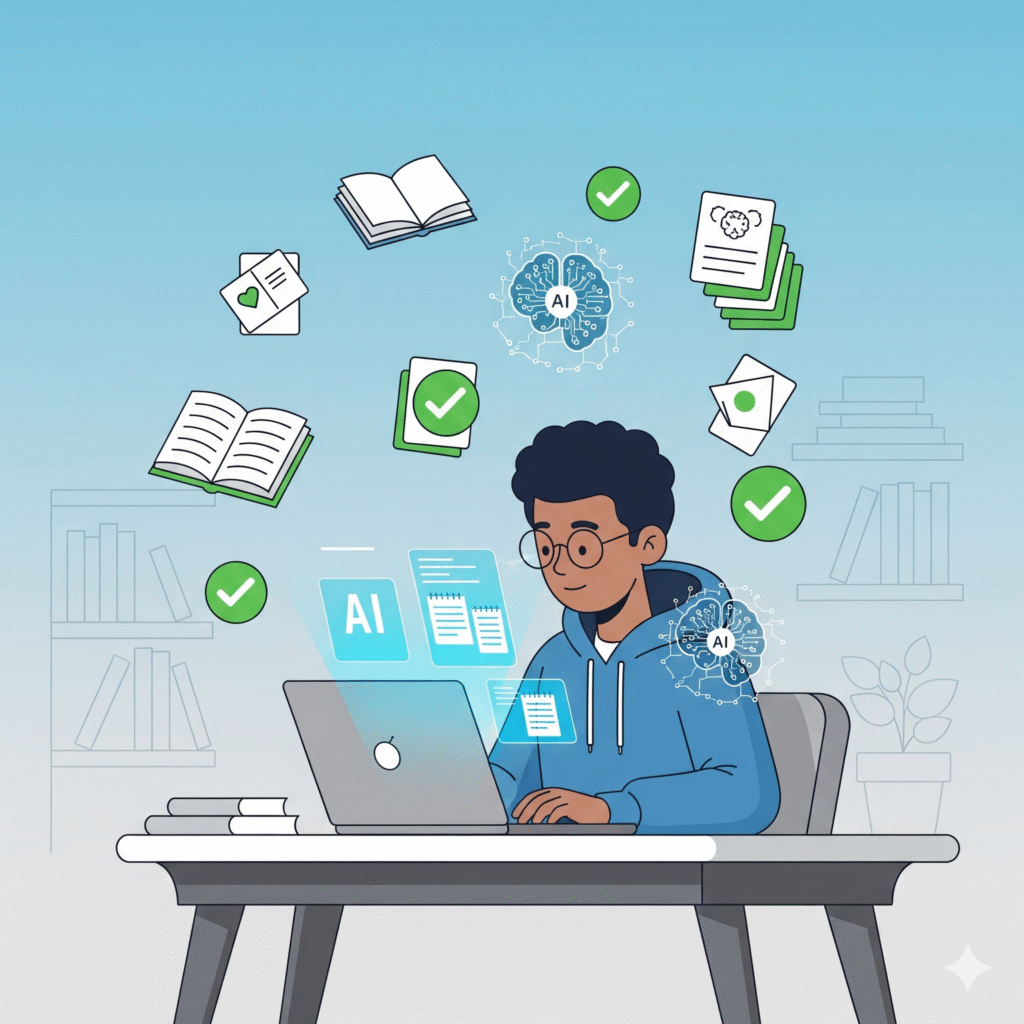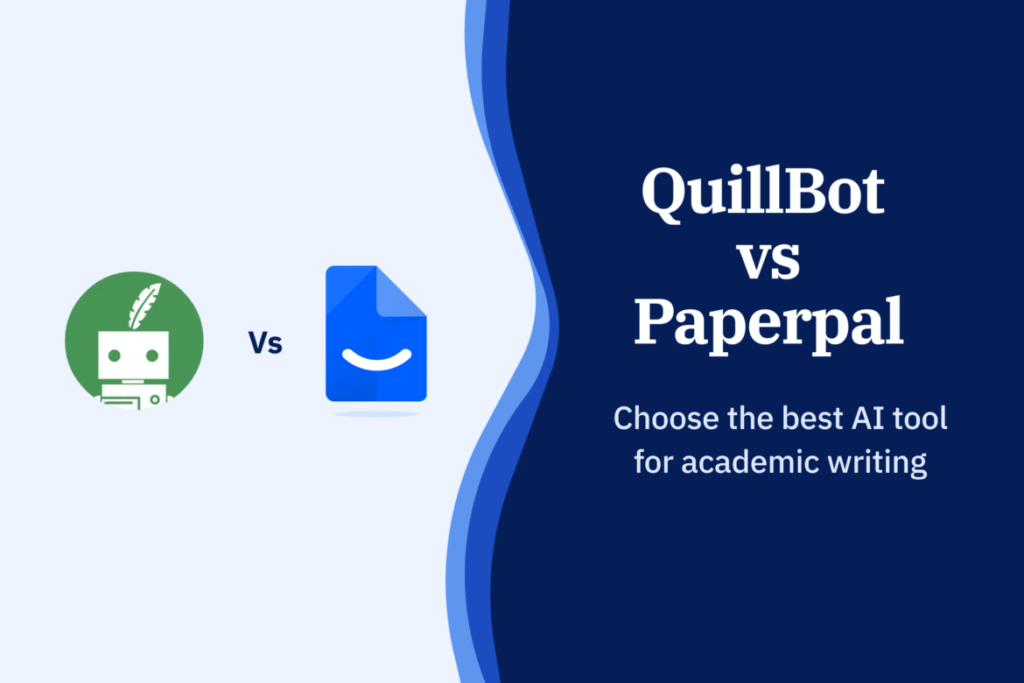Introduction
Artificial Intelligence (AI) has moved from a niche technology to a transformative force that is reshaping industries, workflows, and daily life. As we enter 2025, AI innovations are accelerating at an unprecedented pace, offering solutions that improve efficiency, personalization, and decision-making across sectors. From healthcare diagnostics to financial forecasting, AI’s role is becoming central to how businesses operate and how consumers interact with technology.
In this comprehensive guide, we’ll explore the latest AI trends in 2025, the sectors experiencing the most significant change, and how businesses and individuals can stay ahead in this rapidly evolving landscape.
✅ What is AI and Why is It Important in 2025?
Artificial Intelligence refers to the simulation of human intelligence processes by machines, primarily computers and software. It includes algorithms that analyze data, learn from patterns, and make decisions or recommendations without direct human intervention.
Why AI Matters Today:
✔ Automates complex tasks
✔ Enables data-driven decision-making
✔ Reduces operational costs
✔ Enhances customer experience
✔ Supports innovation and research
In 2025, AI is more accessible, smarter, and integrated into everyday technology than ever before.
✅ Top Industries Being Transformed by AI in 2025
1️⃣ Healthcare: From Diagnostics to Drug Discovery
AI-powered tools are revolutionizing healthcare by:
- Predicting patient outcomes with high accuracy
- Assisting doctors with real-time diagnosis
- Speeding up drug development using data models
- Improving patient monitoring through wearable devices
Example: AI algorithms now help detect early-stage diseases like cancer by analyzing medical scans faster and more accurately than traditional methods.
2️⃣ Finance: Smarter Trading and Risk Management
AI is streamlining financial services by:
- Offering real-time fraud detection
- Enhancing algorithmic trading strategies
- Automating loan approval processes
- Providing personalized investment recommendations
Example: Robo-advisors are using AI to guide users toward better investments based on historical trends and risk profiles.
3️⃣ Education: Personalized Learning Experiences
AI tools are transforming how students learn by:
- Offering adaptive learning paths based on student progress
- Automating grading and feedback systems
- Supporting virtual classrooms with real-time insights
- Making education accessible across languages and geographies
Example: AI platforms analyze learning styles to recommend tailored content, helping students stay engaged and learn more effectively.
4️⃣ Retail: Enhancing Customer Experience
AI innovations in retail include:
- Chatbots providing instant customer support
- Personalized product recommendations based on browsing behavior
- Inventory management using predictive analytics
- Automated checkout systems for faster purchases
Example: AI-driven recommendation engines have increased e-commerce conversions by 25% in 2025.
5️⃣ Manufacturing: Efficient and Smart Factories
AI applications in manufacturing include:
- Predictive maintenance to prevent equipment breakdowns
- Quality control using computer vision
- Workflow optimization and energy management
- Automated assembly lines with minimal human intervention
Example: AI-powered robotics have reduced production time by 30% while improving safety and reducing costs.
✅ Key AI Technologies Driving These Changes
➤ Machine Learning (ML)
Allows systems to learn and improve from data without being explicitly programmed.
➤ Natural Language Processing (NLP)
Helps machines understand and interpret human language, enabling voice assistants and chatbots.
➤ Computer Vision
Allows AI to analyze visual information, aiding in surveillance, defect detection, and healthcare imaging.
➤ Reinforcement Learning
AI algorithms learn optimal strategies through trial and error, helping improve automation processes.
✅ Challenges and Ethical Considerations
While AI offers immense opportunities, it also comes with challenges:
✔ Data privacy concerns
✔ Algorithm bias and fairness
✔ Job displacement due to automation
✔ Regulatory compliance and oversight
What you can do:
- Stay informed about data protection laws
- Ensure transparency in AI models
- Encourage diverse data sets to avoid bias
- Monitor AI ethics guidelines as they evolve
✅ How Businesses Can Prepare for AI Adoption
1️⃣ Assess where AI can add value in your operations
2️⃣ Invest in training employees on AI tools
3️⃣ Collaborate with AI startups and research institutions
4️⃣ Establish clear ethical guidelines
5️⃣ Pilot AI projects before scaling them organization-wide
✅ The Future of AI – Trends to Watch in 2025 and Beyond
- AI in cybersecurity: Identifying threats in real-time
- Explainable AI (XAI): Helping users understand AI-driven decisions
- Edge AI: Bringing intelligence to devices at the edge of networks
- AI-human collaboration: Augmenting human roles rather than replacing them
- Sustainable AI: Reducing energy consumption in AI processing
✅ Conclusion
AI is no longer the future — it’s the present. As industries adopt AI-driven solutions, organizations that embrace these changes today will be better positioned to thrive tomorrow. Whether you’re a student, professional, or entrepreneur, understanding how AI is transforming industries is essential for staying competitive and innovative.
Start small, stay informed, and focus on ethical AI practices to unlock its full potential.



